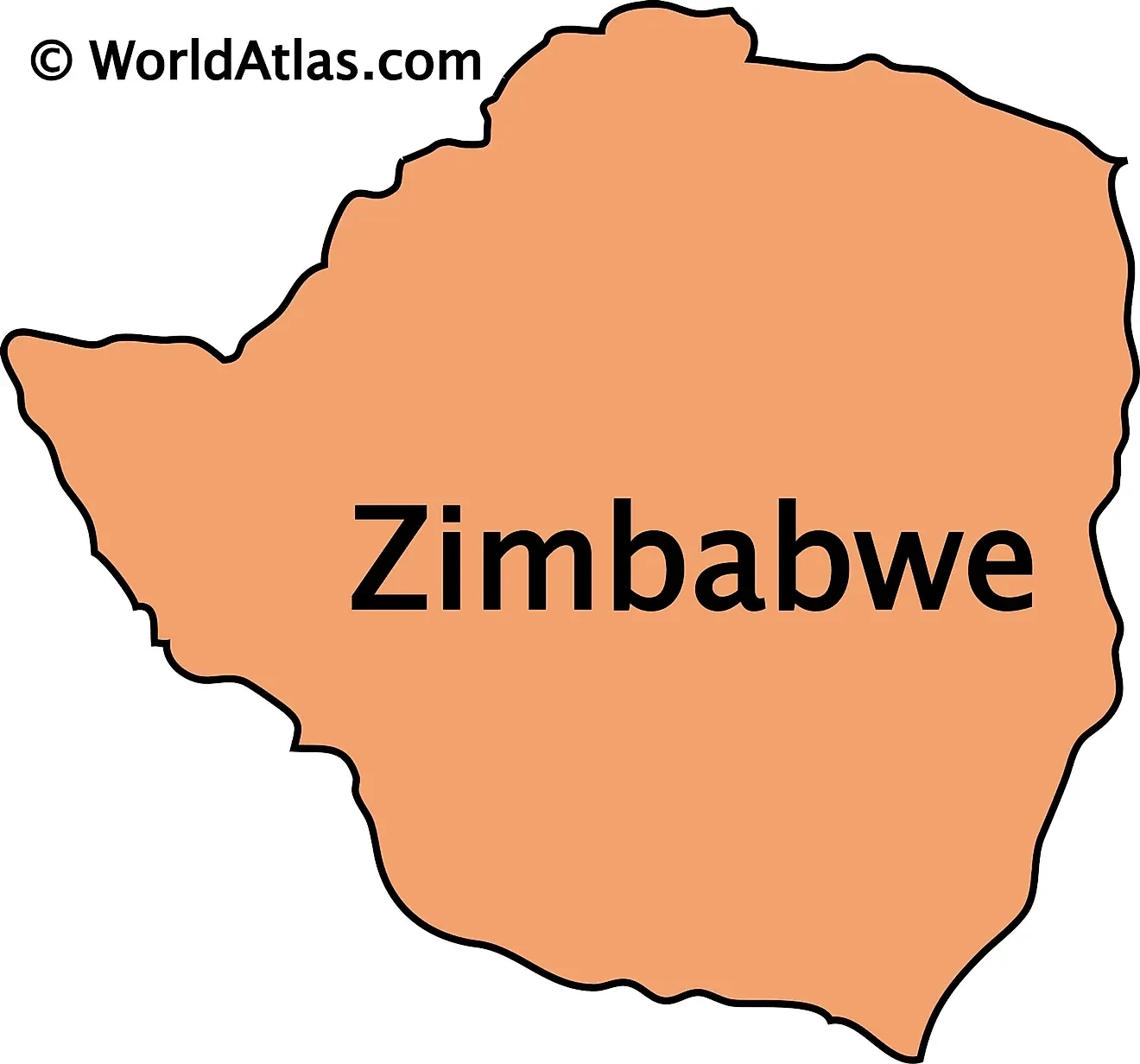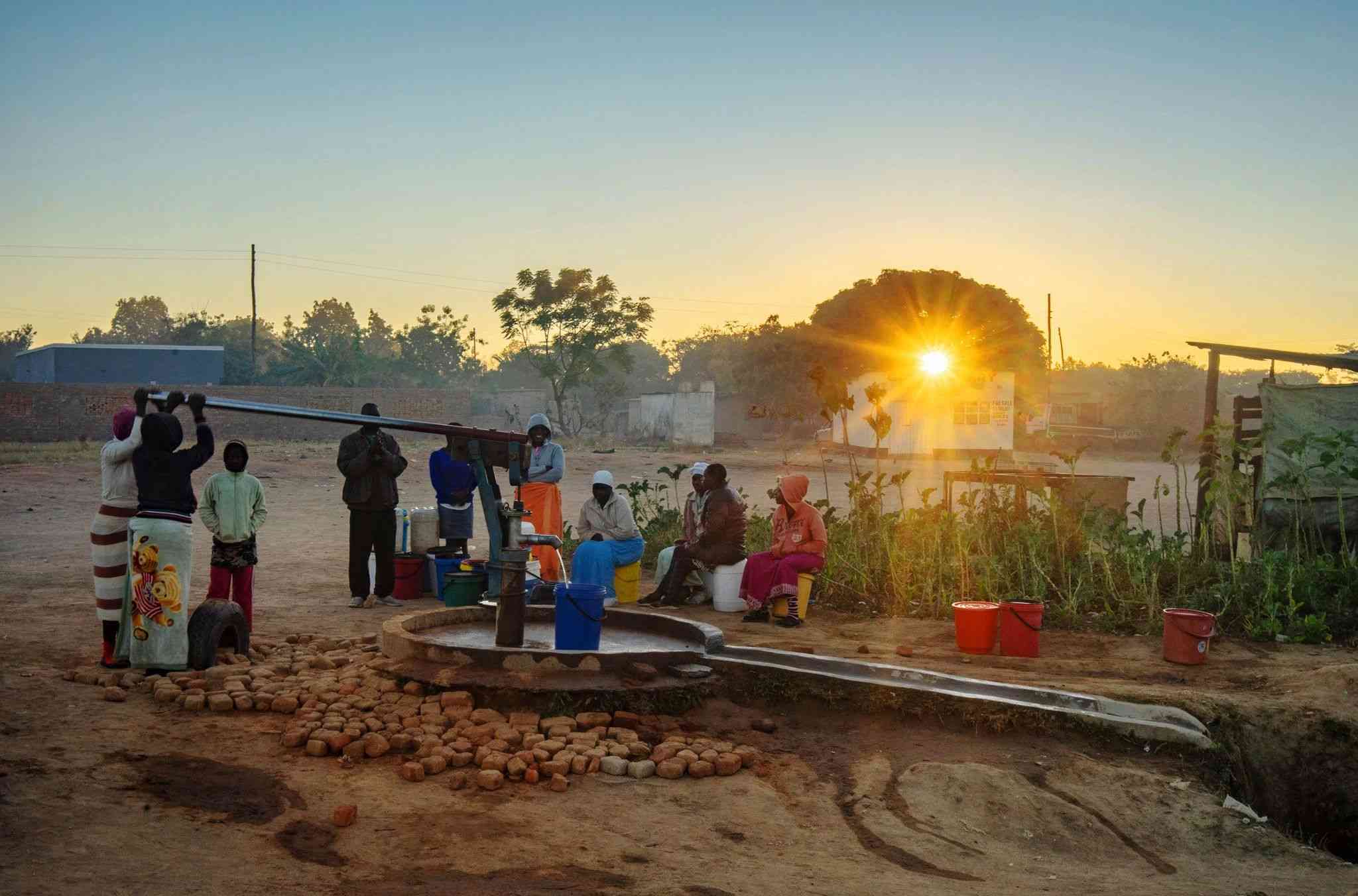
Do you know why Robert Mugabe became so popular after his allative 1980 historical victory of 57% votes against Joshua Nkomo of PF Zapu, who garnered 20%.
Zanu PF used the tool of equality. Early in those years, the Equal Salaries Act was crafted, gender-equality introduced among other strategies in relation to promoting women empowerment years later.
Where Mugabe lost the point was the utilisation of values related to social, justice and democracy.
He never liked values which were against his leadership aspirations and his impunity style of rule which was meant to scare the opposition.
Presidential democracy has never existed since time memorial because of long stay in aggrandized, abused and mis-managed power.
Social justice was way-laid and sundry numbers of those who voiced against his monarchy leadership were tortured, abused and even killed.
Thus, he became so unpopular.
Thus, where the whole set-up of his leadership failed until the end of his finite time in 2018. He failed to eradicate poverty, vulnerability, un-employment and disadvantage of those who were living below the poverty-datum line.
- Is military's involvement in politics compatible with democracy?
- Feature: Is Auxillia following in 'Gucci' Grace's path?
- Mnangagwa govt harasses opposition with arrests, jail
- Displaced white farmers suffer major setback
Keep Reading
For a country to excel in its endeavor to ameliorate all poverty forms, certain values related to a given community stand vital.
These values if well implemented and encapsulated into the economic systems and structures, a glare of light glitters on the navel of a well-managed economy from the community perspective.
Zimbabwe lacks preliminary initiation of knowledge to foster an implementation of an incepted policy in the light of social and economic development. Instead of focusing on what brings human basics to the table, leaders tend to focus on politics and affluence.
Countries which have over the years dealt on community values have managed to reduce poverty cycles, early child marriages, social and economic dependance, there-by reducing extreme poverty and hunger in their respective countries and mother continent.
Community development values .
- Equality
- Empowerment
- Working together
- Collective action
- Sustainability, social justice, democracy and reflective practice.
Equality in Zimbabwe and other countries exists on gender aspects considering the fact that gender-main-streaming has cascaded down to women in leadership positions.
African countries are still peddling to top to 50%, gender equality at the workplace, gender parity and inclusivity of women in political decision making.
The first port of call to substantiate myself is paused in questions which I propose the high office to provide answers to.
Since independence of African countries, have you ever noticed, heard or felt that there are women who are army generals, presidential guards and top military posts. The food for thought is rhetoric.
Secondly, look at presidium and ministerial, the in-balance, un-stable octet of power in Zimbabwe.
If it was in the 80’s we would actually say those in the ministerial positions fought the war but now 44 years on, women are still of low political representation despite higher education.
You easily see, assay and conclude gender balance gaps. Most of those who have been appointed as ministers in this era are our brothers who were in their boyhood in the 80s.
They did not fight for the country. Why then women are not dominating in African cabinets to match male domination?
Those who lead as top government officials are men. Try to go through permanent secretaries, CEOs and directors and find out what is happening. Women positions flow from under-secretaries.
The compound structure in gender equality is still male dominated. The Sadc Protocol on Gender still is advocating for women rise in political decision making as members of parliament.
South Africa and its after-math of recent elections is quite a close example to note. It means then there is wide gap in terms of empowerment between male and female.
Men were in a way born empowered according to culture because men could inherit wealth in the home.
Boys were empowered in terms of education as well. Once they reached adulthood, they would simply be men at the top. This is termed meliorism.
Where there is no- equality, there is no empowerment.
In-order to realise empowerment, equality must prevail. This equality prevails in certain domains like in marriage, some workplaces and above all on salaries but still gaps to close exists. Culture and tradition is still a pinch in communities.
It means then empowerment is still far away to balance it 50-50 in Africa. This is also the same scenario in some developed countries but for them to be called developed, they have achieved equality and empowerment.
To be developed is not only to attain high economic status. It is to equalize gender, balance all corners of society, promoting all forms of empowerment through education.
Entrepreneurship — women microfinance banks are the best tool for empowerment.
Some big enterprises are now run by women, but most of them at low levels. How many women in Africa are in top 10 in the continent in terms of entrepreneurships and top affluent people?
Empowerment
Financial, economic, social, political, basic needs and resource-based empowerment matters. The aspect of finance is no-doubt a pinnacle which buttresses the above remaining values. The fact that African countries are run on low gross domestic products tells us that financial and economic empowerment are beyond reach.
The following two values buttresses the above two values equality and empowerment.
Working together and collective action molds a country that has social and political values like
- Peace
- Unity
- Solidarity
- Integrity
Equality and empowerment work hand in hand to build the above values.
At the same time equality and empowerment work in close link with working together and collective action.
Working together has made many countries develop their economies from the backdrop of their community resources to the top dream of their stable economies.
One good example is China which worked to stamp out corruption by heavily sentencing those found corrupt.
Chinese work together to eliminate poverty by supporting pure socialism and the principles of Karl-Marx.
Developed countries have no class struggle because of working together towards a socialist state.
Collective action to destroy class struggle, bring oneness and fight to end capitalism, corruption and capital flight.
In realisation note that China exports its manufactured goods to Africa but not its minerals.
Not even its currency is used here in Africa.
However, it is sad and anger-some to note that Chinese loot mineral resources from Africa to their national destination.
Chinese open businesses here but not Africans in China.
Such are areas which need us to work together and be in collective action to end negative integrative policies and bad global economic ideologies.
South Africans have in the past taken collective action to remove Thabo Mbeki from power and to make Jacob Zuma imprisoned.
Many countries in Africa are working together in -order to come up with people-oriented constitutions, better policies and laws in-order to end civil strife and un-rest, wars, political ferments and under-development.
Its high time people oppressed must rise and call for working together and collective action.
The other articles to follow shall dwell much on sustainability, social justice, democracy and reflective practice in action.
- Nevison Mpofu is a private tutor/lecturer in community development, writer and journalist. Email — [email protected]
- These weekly articles are coordinated by Lovemore Kadenge, an independent consultant, managing consultant of Zawale Consultants (Private) Limited, past president of the Zimbabwe Economics Society and past president of the Chartered Governance & Accountancy Institute in Zimbabwe (CGI Zimbabwe). Email – [email protected] or Mobile No. +263 772 382 852







